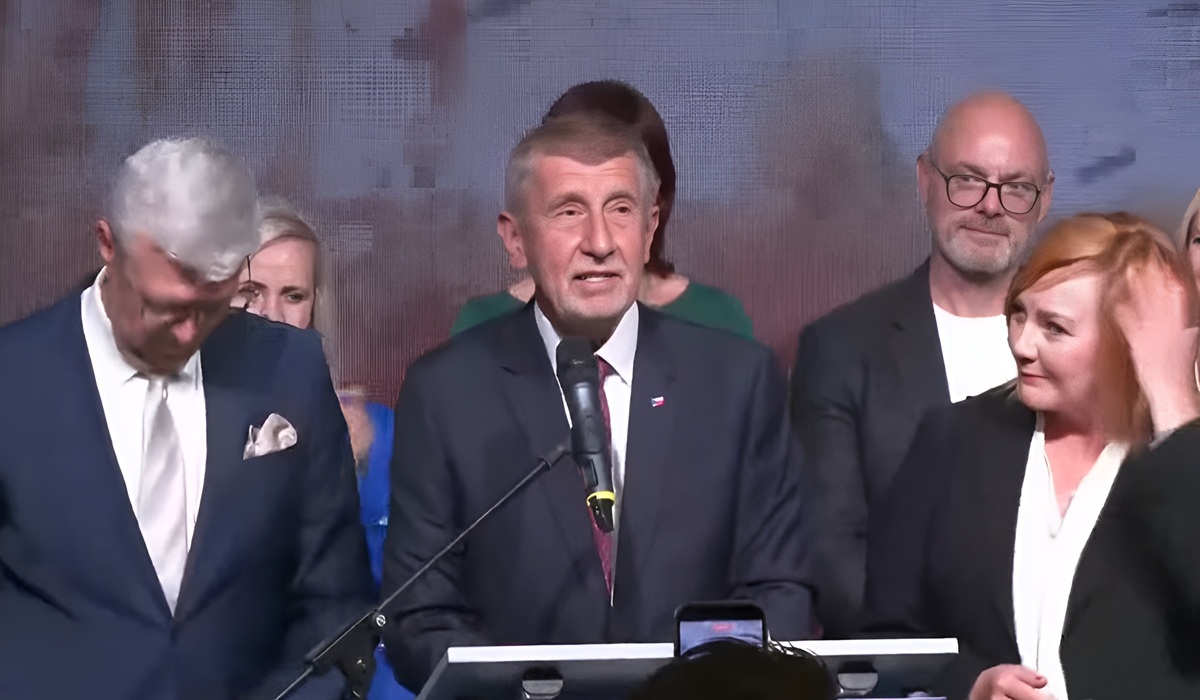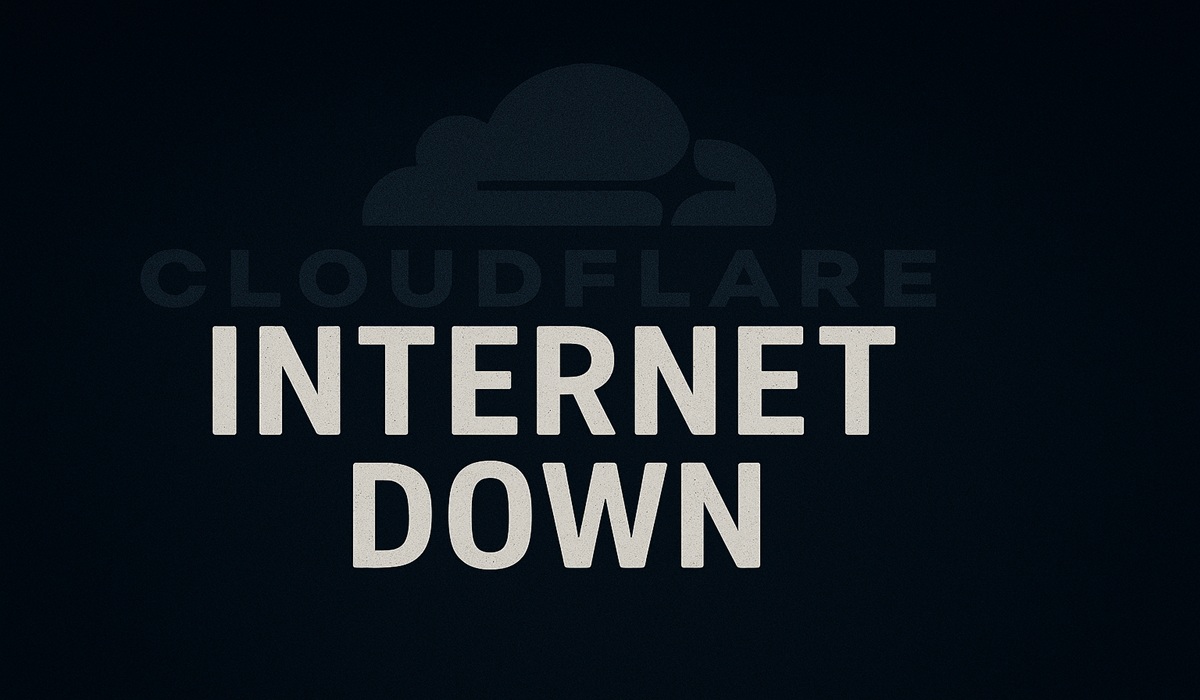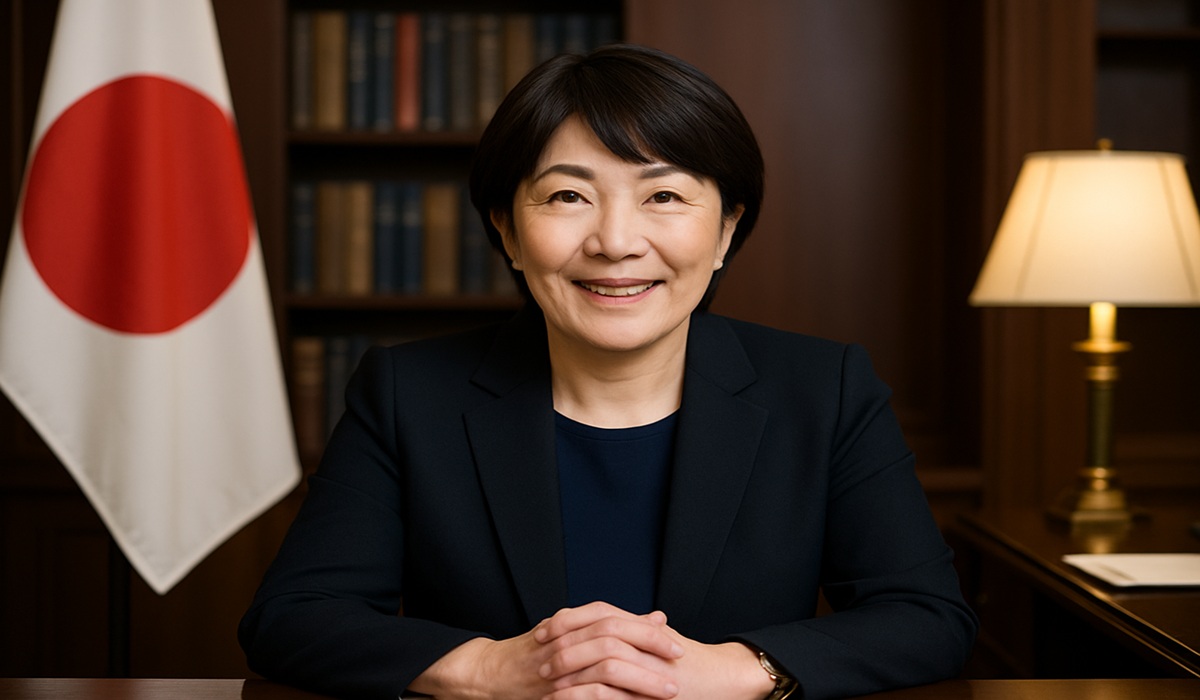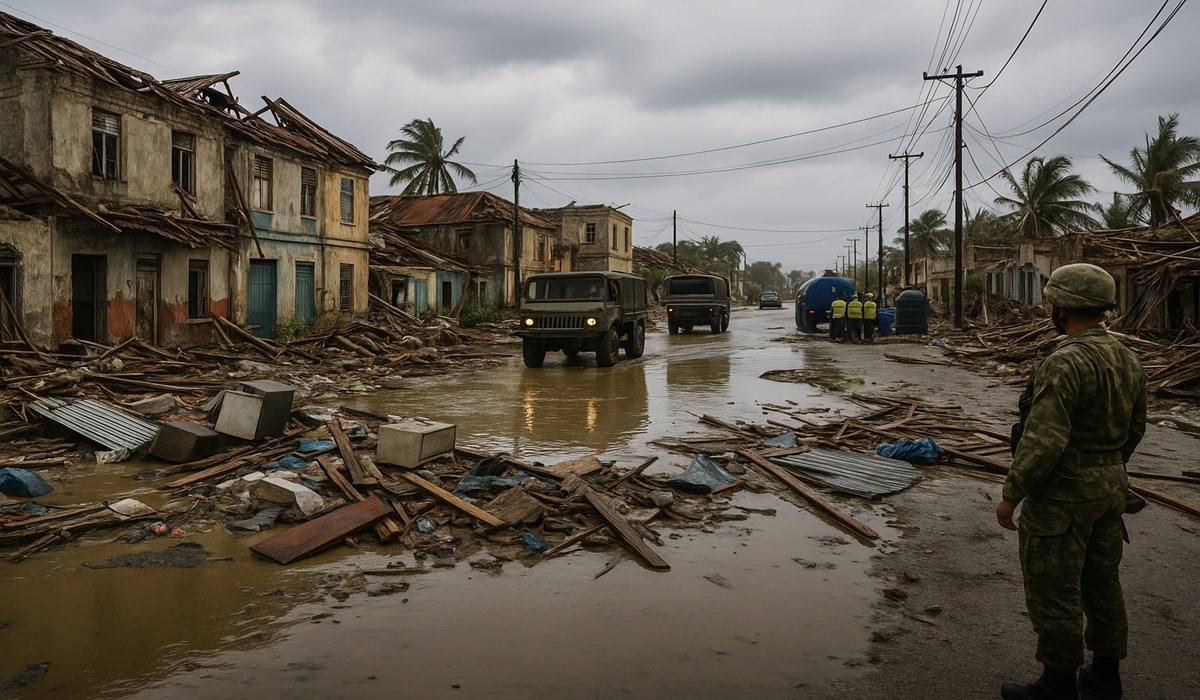Czech Billionaire’s Election Victory Signals Europe’s Growing Fatigue with the Ukraine War
- Ingrid Jones
- Breaking News
- October 4, 2025

In a stunning political shift, billionaire Andrej Babiš has swept to victory in the Czech Republic’s national election, capturing just over 35 percent of the vote and positioning himself once again as one of Europe’s most disruptive political figures. His campaign centered on promises to end Czechia’s material and financial support for Ukraine, realign the nation’s foreign policy closer to Russia, and resist what he called the “overreach” of Western governance models. The result is already sending shockwaves through Europe.
For months, Babiš capitalized on growing public frustration with the prolonged war in Ukraine, arguing that the conflict has no realistic path to a Ukrainian victory. His message—equal parts populist and pragmatic—resonated with voters who feel the economic toll of the war has been too heavy, the human cost too high, and the endgame increasingly unclear. His victory speech was blunt: “It’s time for Czechia to focus on peace, not endless war. We will not bankroll hopeless conflicts at the expense of our people.”
The implications of this statement extend far beyond Prague. Across Europe, support for Ukraine has steadily eroded as the war drags into its fourth year with no decisive outcome. Many nations that once pledged unconditional backing are beginning to question whether the conflict is winnable. The dream of retaking Crimea—a region under Russian control for nearly a decade—has all but faded, and the same is true for the Donbas territories now entrenched under Moscow’s grip. What was once framed as a moral crusade for sovereignty is, in political reality, becoming a matter of fatigue and shifting interests.
Babiš’s victory underscores a broader continental sentiment: Europe is recalibrating. From Hungary to Slovakia, and now Czechia, populist leaders are echoing a new chorus that challenges the West’s consensus on Ukraine. These leaders are not openly embracing Moscow, but they are rejecting what they see as blind loyalty to Washington, Brussels, and NATO. They are instead championing “national sovereignty first”—a slogan that, for many voters, feels overdue after years of economic strain, energy insecurity, and military expenditure.
For the European Union, this election is an uncomfortable wake-up call. Czechia’s pivot could fracture the fragile unity that underpins Europe’s Ukraine strategy. Countries like Poland and the Baltic states, still deeply wary of Russian aggression, may view Babiš’s win as a betrayal of collective defense principles. Meanwhile, more skeptical nations could follow Czechia’s lead, adopting a “peace over principle” stance that weakens sanctions and aid coordination.
Domestically, the road ahead for Babiš is not without obstacles. Czech President Petr Pavel, a former NATO general and staunch supporter of Ukraine, could act as a counterbalance, using his influence to slow or block policy reversals. Yet the public mandate is clear: voters have chosen a path that breaks with the pro-Western establishment and demands an inward focus.
Critics warn that this alignment toward Russia could isolate Prague diplomatically and risk long-term security interests. Supporters argue the opposite—that decades of Western dependency have eroded Czech sovereignty and that peace, even if it requires compromise, is worth pursuing. Babiš’s position may not please Brussels, but it taps into a raw, growing sentiment that the war in Ukraine is no longer Europe’s war to win.
The broader question is what this means for Ukraine itself. With each European election that edges toward isolationism, Kyiv’s diplomatic and military lifelines fray a little further. As American political will also shows signs of waning, Ukraine may soon face the reality of negotiating from weakness rather than parity.
And so, Babiš’s victory represents more than a Czech domestic upheaval—it’s a symbolic moment in Europe’s evolving relationship with the war. The narrative of unshakable unity against Moscow is fading, replaced by a pragmatic acceptance that some battles cannot be won by resolve alone. For now, the Czech people have spoken, and their message is clear: it’s time to rethink the cost, the purpose, and perhaps even the point of a war that shows no sign of ending.








